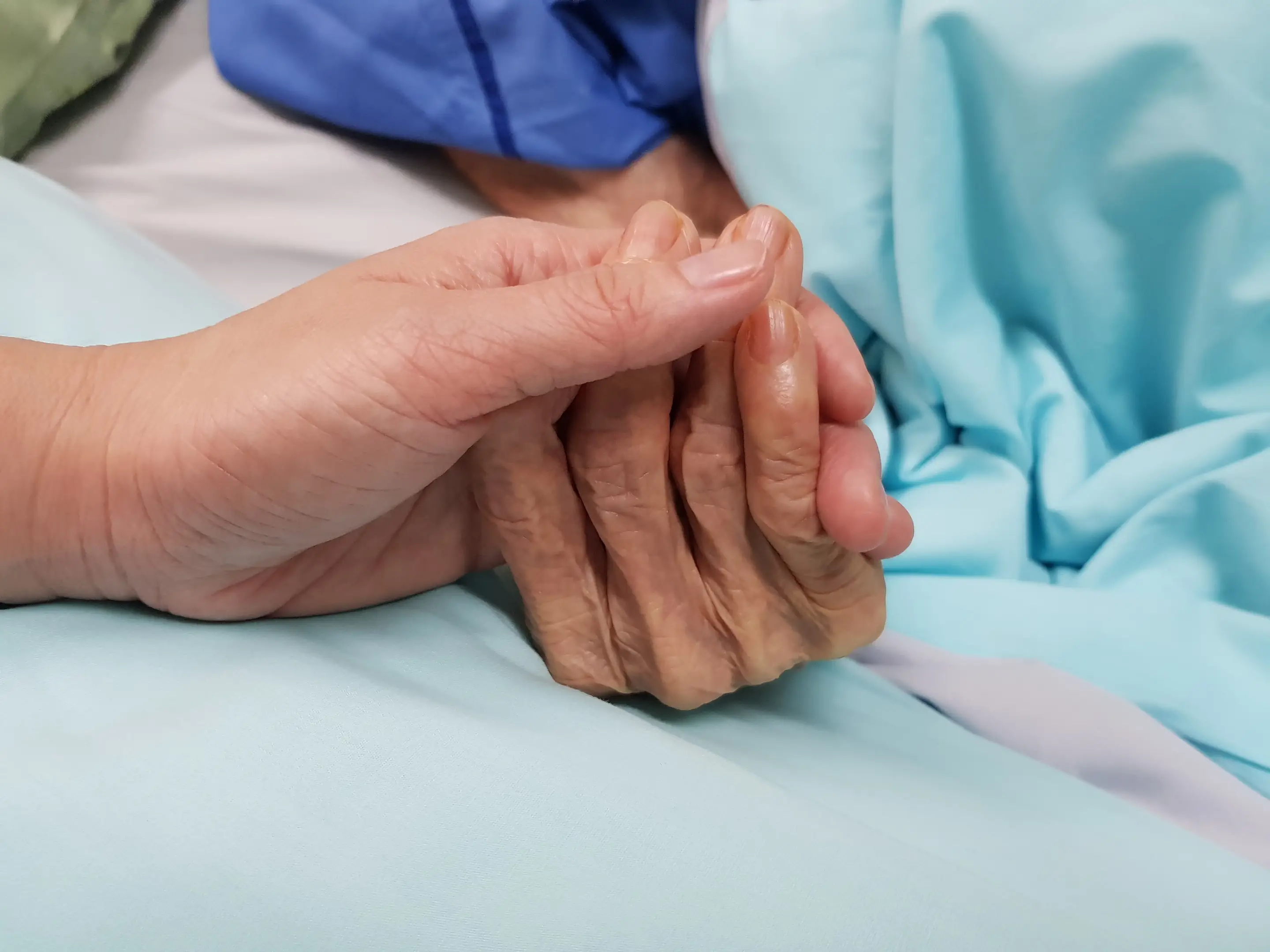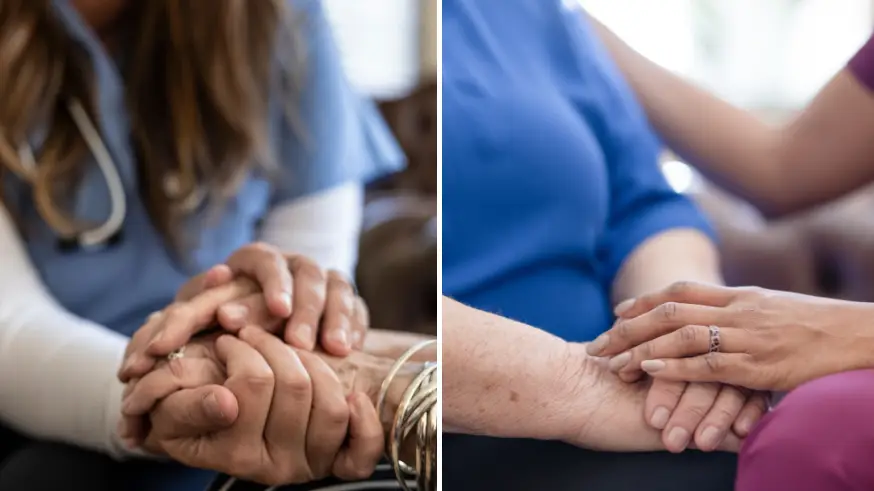Facts are facts, and we’re all going to die one day.
We can never truly know what happens after we shuffle off our mortal coil, but there are people who, due to their work, see people leave the earth every day.
Many have shared their insights across social media, with one hospice nurse revealing the one thing 'almost everybody' sees just before they die.
And now, an end-of-life doctor has offered further insight to help put our minds at ease.
Advert

Dr Christopher Kerr, a palliative care physician from New York, has studied 1,000 people on their deathbeds and shared that they all see a similar ‘vision’ that helps them come to terms with their life decisions.
He also noted that the experiences of children has a stark difference to that of adults, something he believes is due to their limited understanding of death. Dr Kerr added that they ‘find comfort’ in their imaginations.
The doctor appeared on the Next Level Soul podcast and revisited his experience alongside a man in his 40s who had spent much of his life behind bars.
His stints in prison were the result of drug addiction, and he was also a victim of neck cancer.
The unnamed man went on to experience visions of being attacked by those he'd hurt in his past while he was dreaming. The emergence of these emotional visions ultimately led to an emotional breakdown.

The man later asked to see his daughter. Following the reconnection of the two, during which he apologised, he passed away peacefully.
This has appeared as an obvious pattern, with Dr Kerr noting that 'patients need to be relaxed and accepting of their situation, to some extent, in order to die'.
In short, patients exhibit a desire to come to terms with their life decisions, and make peace with them, before they die.
Dr Kerr has coined 'post-traumatic growth' as something that happens towards the end of our lives, where patients aim to find positive elements within their previous hardships in order to stop holding onto the judgement and hurt.
He also elaborated on the difference between children and adults during this fateful time.
Children often have an obvious inability to grasp mortality in the same way adults do - usually due to not knowing anybody who has passed away.

Dr Kerr revealed the heartbreaking but comforting knowledge that children will ‘often see animals who give them the message that they're loved and not alone’.
He added that children are ‘creative and imaginative and can access that part of them’.
As a reference, Dr Kerr recalled a young girl that told him she had imagined an entire scene surrounding her while in her hospital bed.
He recounted: “She created a castle for herself... there was a swimming pool, the animals were returned, there's a piano, there was a window with warm light coming through.
“When I asked, ‘What does the castle represent?’ she said, ‘A safe place’."
Dr Kerr’s research concludes that patients are 'not denying the bad things and painful things [that] transpire, but they address them and use them in a way that's very interesting'.
